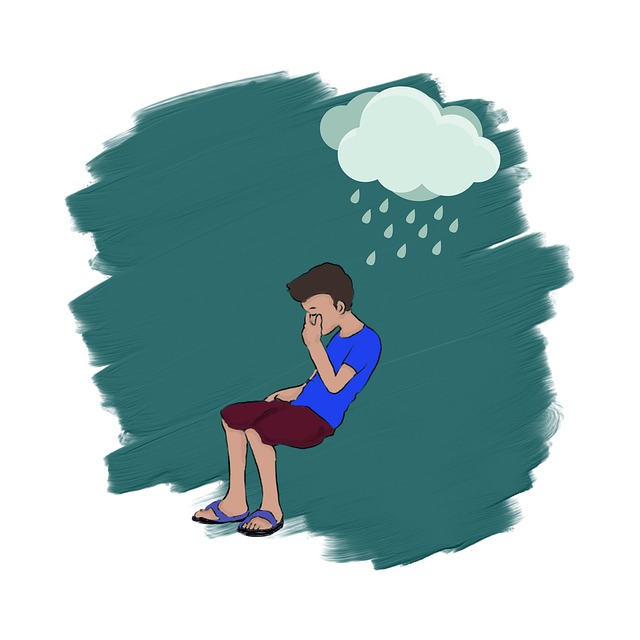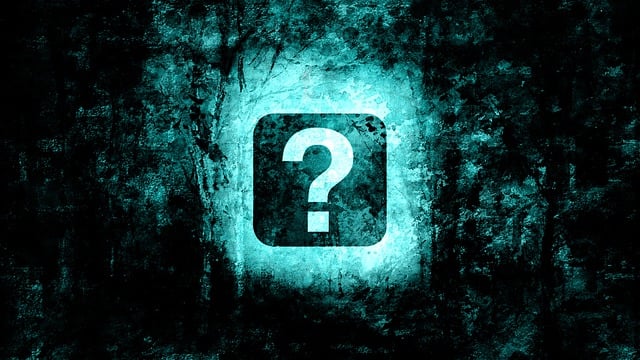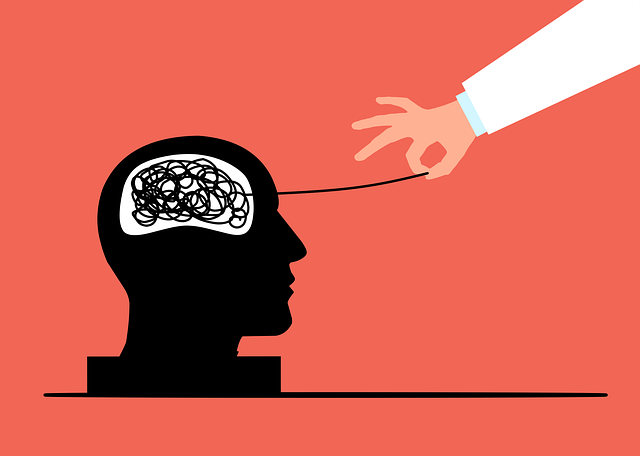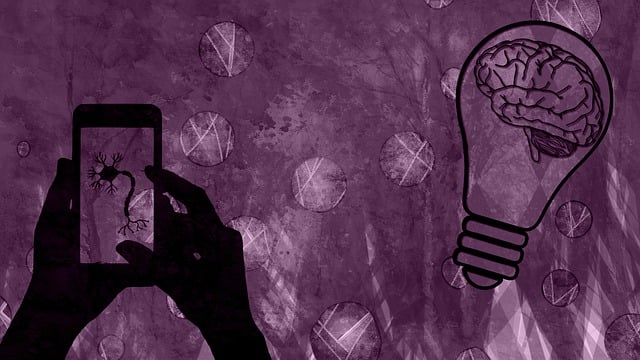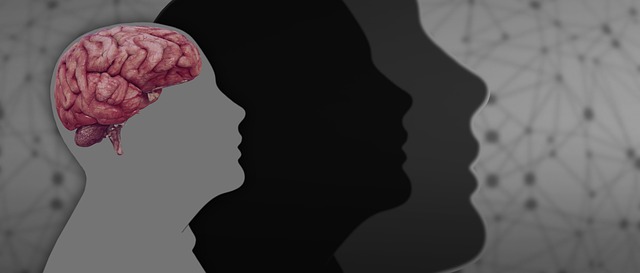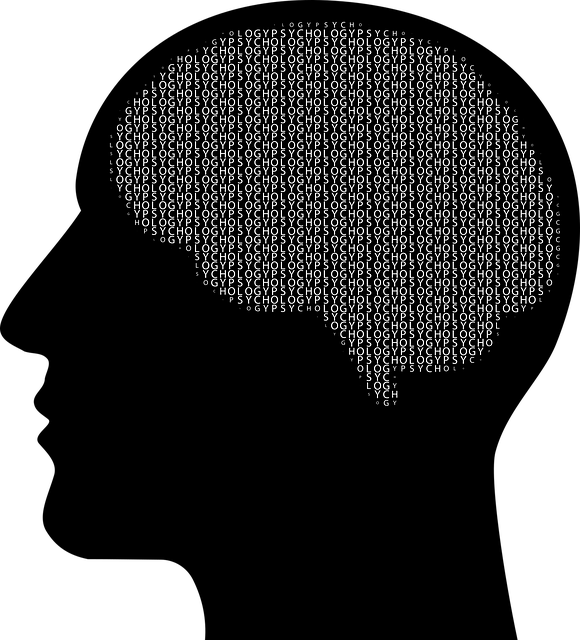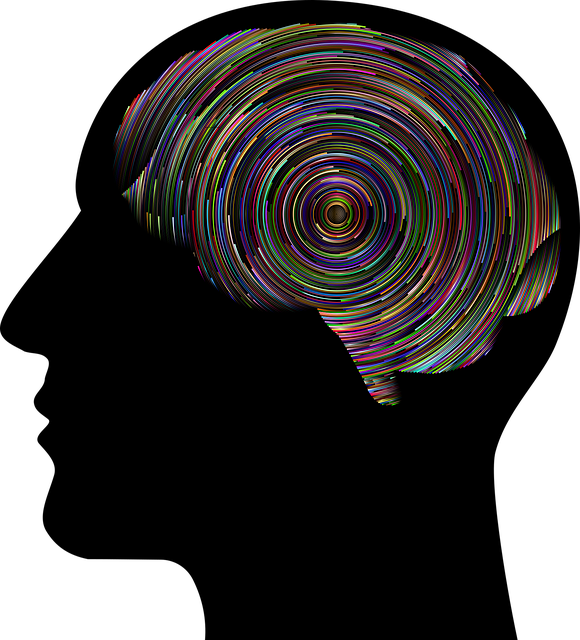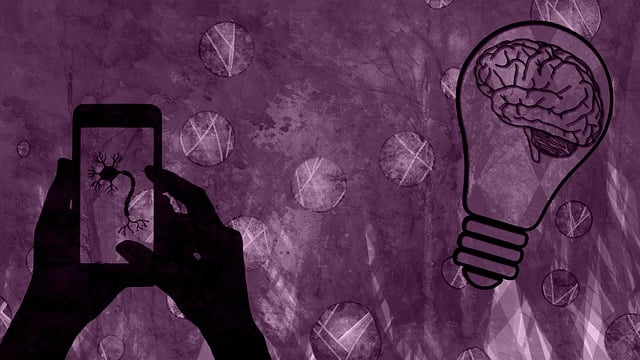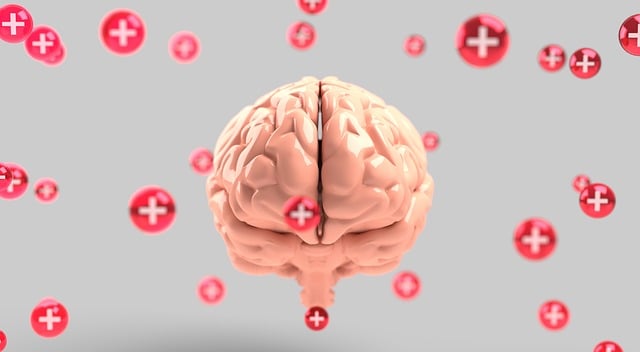Dissociative Disorder in young adults is a complex, often misunderstood condition that significantly impacts daily life. Stigma surrounding mental illness exacerbates these challenges, leading to isolation and a reluctance to seek help. Specialized therapy, such as EMDR and CBT, along with community education and support, are crucial in managing symptoms and improving well-being. By promoting accessible therapy for young adults with Dissociative Disorder and sharing success stories, we can destigmatize mental health issues and foster supportive environments for recovery.
Mental illness stigma reduction is a vital topic, especially for conditions like dissociative disorder affecting young adults. This article delves into the multifaceted challenge of stigma, exploring its profound impact on mental health through social perceptions and misconceptions. We offer practical strategies, highlighting therapy approaches tailored for youth with dissociative disorder and the power of community engagement and education to dispel myths. By sharing success stories, we illuminate hope and the transformative potential of support and treatment in combating this elusive yet devastating condition, focusing specifically on therapy for young adults suffering from dissociative disorder.
- Understanding Dissociative Disorder: Symptoms and Challenges Faced by Young Adults
- The Impact of Stigma on Mental Health: A Focus on Social Perceptions and Misconceptions
- Therapy as a Tool for Combat: Effective Approaches for Treating Dissociative Disorder in Youth
- Community Engagement and Education: Strategies to Reduce Stigma in Society
- Success Stories and Hope: Overcoming Stigma Through Support and Treatment
Understanding Dissociative Disorder: Symptoms and Challenges Faced by Young Adults

Dissociative Disorder is a complex mental health condition often misunderstood by young adults and those around them. It involves a disconnection from reality, leading to symptoms such as depersonalization (feeling detached from oneself) and derealization (perceiving the world as unreal). This can significantly impact daily functioning and social interactions, causing challenges in school, work, and relationships. Many young adults with Dissociative Disorder struggle to explain their experiences, making it hard for others to comprehend and leading to further isolation.
Therapy plays a pivotal role in helping young adults manage this disorder. Techniques like crisis intervention guidance can offer immediate support during intense episodes. Conflict resolution techniques, when learned, empower individuals to navigate internal conflicts and external pressures more effectively. Moreover, self-care practices are essential; encouraging healthy routines, mindfulness exercises, and seeking social connections can aid in reducing symptoms and improving overall well-being.
The Impact of Stigma on Mental Health: A Focus on Social Perceptions and Misconceptions

Stigma surrounding mental illness can have profound effects on individuals’ well-being, especially young adults navigating complex life stages. Social perceptions and misconceptions often contribute to isolation, shame, and a reluctance to seek help. Many struggle silently, avoiding therapy or self-care practices due to fear of judgment or stereotypes associated with conditions like dissociative disorder. This stigma can impede progress in mental wellness coaching programs development and risk assessment for professionals, creating barriers to effective support.
Reducing the impact of stigma requires addressing these misconceptions through education and open dialogue. Encouraging self-care practices that foster resilience and community involvement can help combat isolation. By destigmatizing conversations around mental health, we create safer spaces for young adults to access therapy, understand their experiences, and develop coping mechanisms tailored to their needs.
Therapy as a Tool for Combat: Effective Approaches for Treating Dissociative Disorder in Youth

Therapy plays a pivotal role in combating dissociative disorder among young adults. This complex mental health condition, characterized by disruptions in memory, identity, and consciousness, requires tailored interventions. One effective approach is specialized therapy focusing on trauma resolution. By integrating techniques such as Eye Movement Desensitization and Reprocessing (EMDR) and cognitive-behavioral therapy (CBT), therapists can help individuals process and overcome traumatic events contributing to their dissociative symptoms.
Public awareness campaigns play a crucial role in the development of support systems for young adults with dissociative disorder. Educating the public about this often-misunderstood condition fosters empathy and reduces stigma, encouraging those struggling to seek necessary trauma support services. Additionally, healthcare provider cultural competency training ensures that professionals are equipped to offer sensitive and effective care tailored to the unique needs of young adults experiencing dissociative disorder.
Community Engagement and Education: Strategies to Reduce Stigma in Society

In reducing the stigma surrounding mental illness, community engagement and education play a pivotal role. By fostering open conversations about mental health issues, societies can dispel myths and promote understanding. This involves organizing workshops, seminars, and Mental Wellness Podcast Series Production to educate individuals on various conditions, including dissociative disorders, which often affect young adults. Engaging community leaders, teachers, and healthcare professionals in these initiatives ensures that accurate information spreads widely.
Community events can also provide platforms for sharing personal stories, emphasizing the human experience behind mental illness. This approach helps build empathy and encourages support systems. Moreover, integrating inner strength development and resilience building activities into community programs equips individuals with coping mechanisms, fostering a culture of mental wellness. Such strategies collectively contribute to creating an environment where those struggling with mental health challenges feel accepted and supported, ultimately reducing the stigma associated with seeking therapy for dissociative disorders or any other mental illness.
Success Stories and Hope: Overcoming Stigma Through Support and Treatment

In the fight against mental illness stigma, success stories and hope play a vital role in inspiring change. Many individuals who have faced challenges like dissociative disorder have gone on to lead fulfilling lives through therapy for young adults and effective support systems. These journeys demonstrate that with the right guidance, such as anxiety relief exercises or crisis intervention techniques, it is possible to overcome stigma and achieve mental wellness.
Sharing personal experiences through mental wellness journaling can be a powerful tool for disseminating hope. Stories of resilience offer valuable insights into the transformative power of therapy, showcasing how professional help and personal determination can lead to positive outcomes. This encouragement reaches far beyond individual cases, fostering an environment where those facing similar struggles feel less alone and more hopeful about their prospects.
Mental illness stigma reduction is a multifaceted approach that combines education, community engagement, and accessible therapy for young adults with dissociative disorder. By challenging social perceptions and misconceptions, we can foster understanding and support, revolutionizing the way society views mental health. Effective treatment strategies, including specialized therapy, empower individuals to overcome challenges and lead fulfilling lives. Through community efforts and personal narratives of success, it becomes evident that reducing stigma is achievable, ultimately enhancing mental well-being for all.
